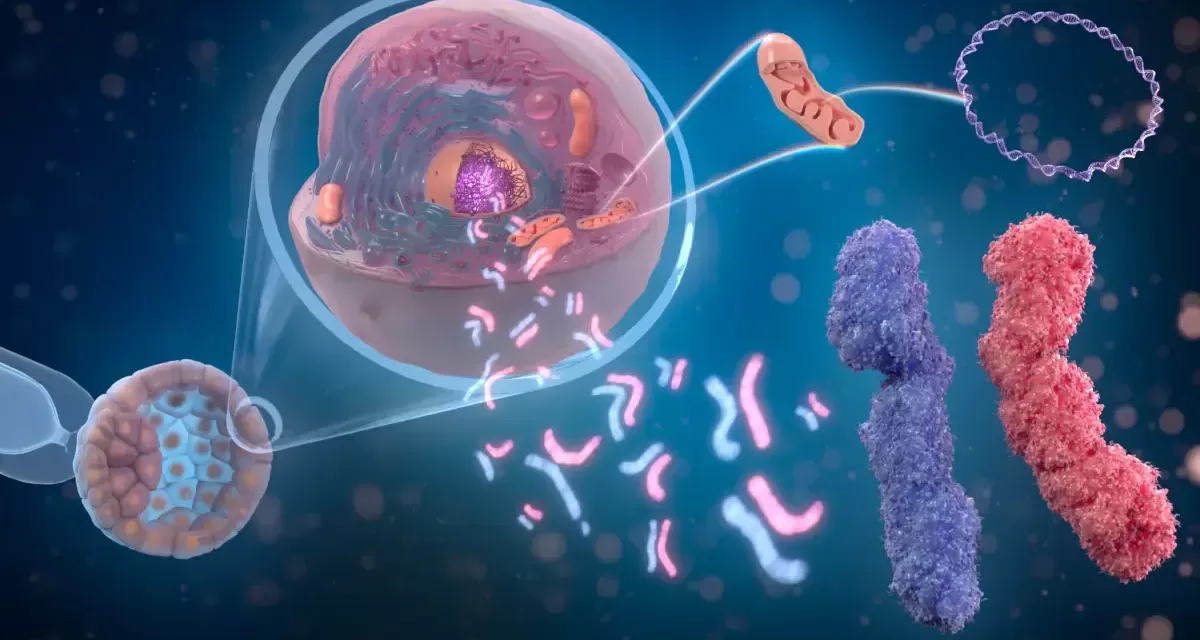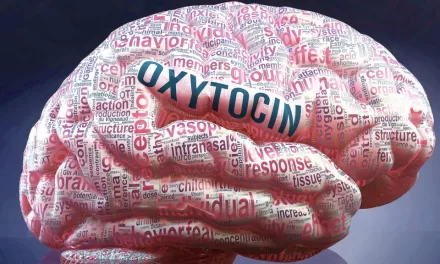New Delhi– The Indian government has affirmed that the ambitious ‘Genome India’ project has successfully ensured equitable representation from rural, urban, and tribal populations in its genetic research initiative. According to Union Minister of State (Independent Charge) for Science and Technology, Dr. Jitendra Singh, approximately 36.7% of the collected samples came from rural areas, 32.2% from urban regions, and 31.1% from tribal populations.
Speaking in the Rajya Sabha, Dr. Singh emphasized that the Department of Biotechnology-led project prioritized fairness in sample collection, ensuring that diverse genetic data was included for comprehensive research.
Challenges in Sample Collection
The minister acknowledged that researchers faced significant hurdles while reaching tribal and remote regions to collect samples. Socio-economic and cultural barriers, as well as a lack of awareness about genetic research, made it challenging to convince individuals from these populations to participate.
“Rural and tribal populations do not have sufficient awareness of the benefits of genetic research, leading to misunderstandings about its purpose and value. Educating and convincing such populations was hard,” Dr. Singh explained.
Unlike urban populations, which were more accessible and had higher awareness levels, rural and tribal communities posed logistical challenges due to their remote locations and limited healthcare infrastructure. Ensuring appropriate representation was crucial to removing bias from the study.
Strategies to Overcome Barriers
To address these difficulties, the ‘Genome India’ team devised strategic solutions. Logistics hubs were established near remote regions to facilitate sample transportation, and laboratories were prepped in advance to handle a higher volume of samples. Additionally, collaborations with local healthcare institutions streamlined the data collection process, improving accessibility and efficiency.
Community engagement and outreach programs played a key role in raising awareness about genetic research. These initiatives sought to clarify the project’s objectives, assure participants of data confidentiality, and dispel prevalent myths surrounding genetic studies.
The government reaffirmed its commitment to ensuring that India’s diverse genetic heritage is adequately represented in genomic studies, paving the way for advancements in precision medicine and healthcare tailored to different genetic backgrounds.
Disclaimer: This article is based on official statements and information provided by the Ministry of Science and Technology. The details presented reflect the data shared during the Rajya Sabha session and are subject to updates as further research progresses.












